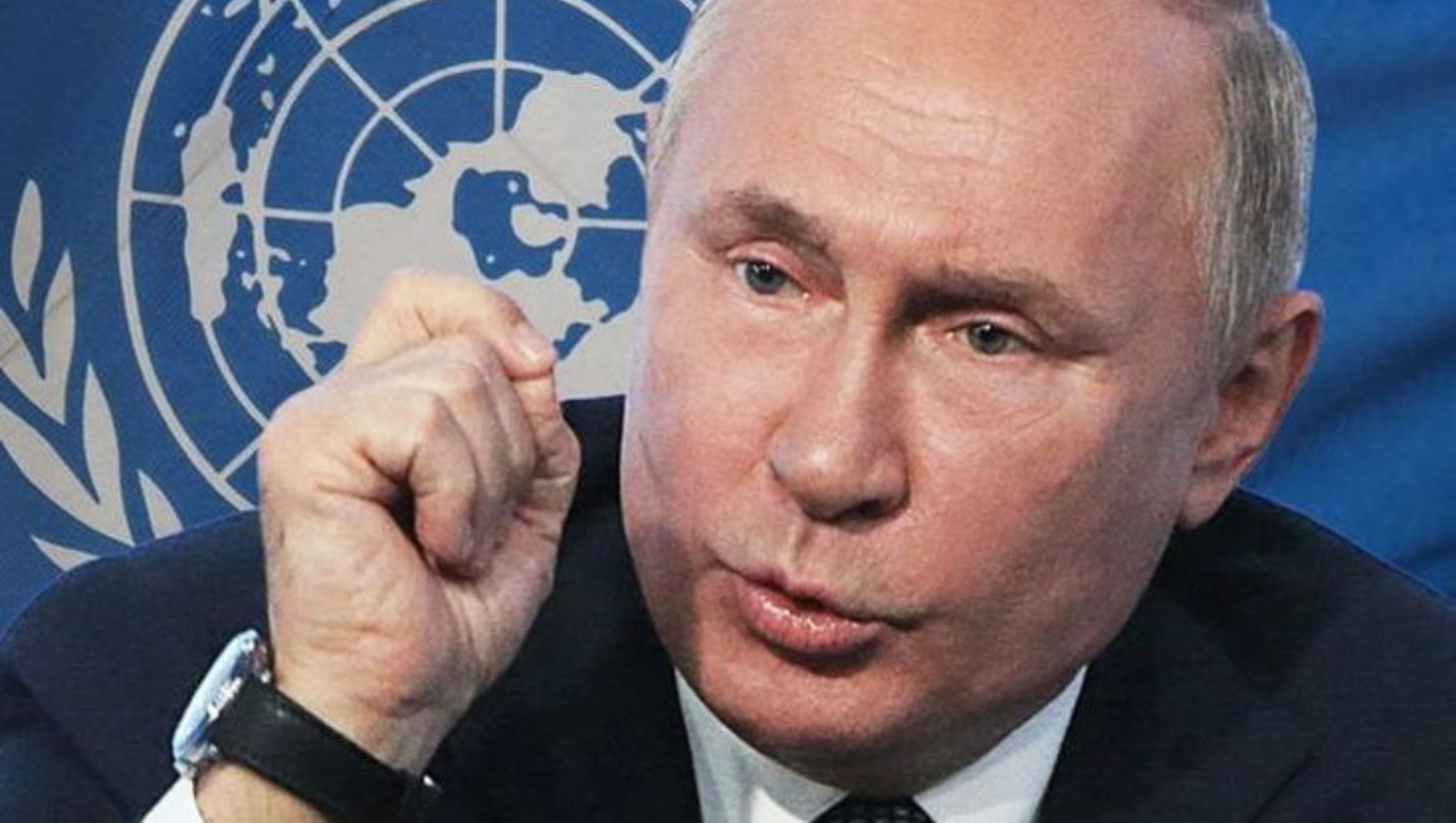Putin's Arctic Strategy: The Militarization of the Warming North
1. Introduction
Russian President Vladimir Putin recently made a dangerous step to deploy additional troops to the Arctic region significantly. It has attracted global interest, with fear for a new era of geopolitics rivalry.
The Arctic, cold and in a way inaccessible just a hundred years ago, has become one of the most strategically valuable regions on earth. Global warming is turning the terrain—thawed ice is revealing untapped reservoirs of energy and newly opened pathways for commerce. As the Arctic is being made more penetrable, geopolitical value increases, which has caused the great powers to focus their attention on it.
2. Strategic Interests of Russia in the Arctic
Expansion of Russia in the Arctic region is motivated by a range of intersecting symbolic, strategic, economic interests.
Energy Reserves:
The region of the Arctic is estimated to hold 13% of all the world's undiscovered oil and 30% of the world's unproved natural gas. Russia is an energy-exporting state, and with control over its resources, maintaining its economy as well as stature is ensured.
Melting of Arctic sea ice opened the way for the use of the Northern Sea Route (NSR). The sea route along Russia's northern border has the potential to cut Asia-to-Europe shipping by a few hundred miles. Russia is seeking to monopolize and gain the advantage of the new route.
Resource Competition
The Arctic is not just oil and gas but mineral resource-rich and full of fisheries as well. As various nations lay overlapping claims on the region, such as the U.S., Canada, Denmark, and Norway, the battle for land and resources is only intensifying.
3. Military Expansion Plans
Putin's latest statement highlights a new focus on Russia's military expansion into the Arctic.
Troop Increase:
Russia will also deploy more troops with Arctic fighting capabilities, in addition to being able to conduct extreme weather warfare. This in addition to previous attempts at forming specialized Arctic brigades.
Infrastructure Developments:
Moscow is building and renovating military bases throughout the Arctic, including radar bases, airbases, and ports. The largest bases are on Franz Josef Land, Novaya Zemlya, and Kotelny Island.
Previous Exercises
Russia has already upgraded a few of its existing Soviet bases and has carried out some Arctic war exercises. These have included bomber sorties, submarine passage under the ice, and missile deployments with improved capabilities, which signaled long-term intentions.
4. Global Responses & Tensions
Russian military expansion cannot be overlooked. NATO has been worried about the potential of the Arctic region being an area of increased military presence. The Secretary General, Jens Stoltenberg, has called for increased transparency and cooperation in the region to prevent escalation.
U.S. Response:
The U.S. has begun to transition to project itself in the Arctic, such as opening bases and spending on a new generation of icebreakers. It has also increased monitoring and exercises within the region.
Other Arctic Nations:
Canada, Norway, and Denmark are all considering their defense strategy in the Arctic. All these nations have interests and are keenly watching what Russia is doing.
While everyone looks north, the Arctic is becoming a strategic and military hotbed, a bit like the Cold War but with melting ice and greater danger.
5. Environmental & Indigenous Concerns
As military aspirations approach, the delicate balance of the Arctic environment is at risk.
Environmental Impact:
On the development side, human activity and heavy machinery use can ostensibly accelerate environmental deterioration. The Arctic environments are highly sensitive, and anything done to pollute or disturb them always has a permanent record.
Indigenous Populations
The expansion can also put Indigenous people such as the Nenets of Russia on the sea and land or the Inuit in Greenland and Canada in danger. They live off the sea and the land and are usually left out of national security policy. The expansion could displace, limit access to their ancestral hunting grounds, and debase culture.
6. Conclusion
Putin's words are not exclusively about weapons—it's proof of a larger vision for gaining control over a more open and valuable area.
The Arctic, with its huge resources and strategic sea routes, is no longer the far-off afterthought that it was—it's a new theater of global power politics. Russia's advance is posing the big questions: Will the Arctic be a region of peaceful cooperation, or are we bound for a new cold war?
When stakes increase and ice melts, the world is forced to take hard stock. The choices that emerge today will determine the Arctic and international order years from today.

